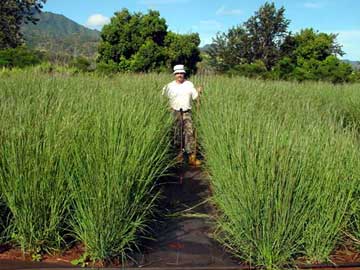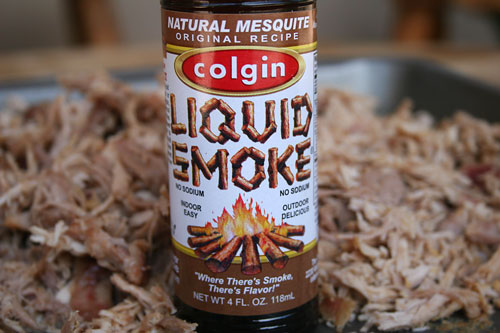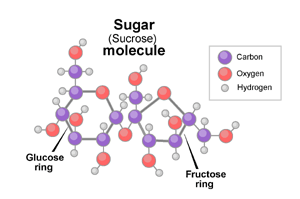One of the nice things about my job is that I get to work with a lot of other researchers who work in a lot of different areas. One of these areas is molecular biology and I certainly know people who have genetically engineered plants to do one thing or another. Maybe it’s because I know so many people who work with them, but I’m not fundamentally opposed to genetically engineered crops. Which isn’t to say I’m not concerned about certain genetically modified crops, but in general I think that the systems we have in place to review them have done a decent job of making sure that nothing too terrible is released.
Until now.
A few years ago a grass called creeping bentgrass was genetically modified to be resistant to Roundup. This grass was never released to consumers, but it was released for testing, it escaped, and now this grass, though not widely distributed, has made a pest of itself in various spots – and we can’t use Roundup to control it.
The above is obviously a problem, but not the problem I’m concerned about.
This past July APHIS (Animal and Plant Health Inspection Service — a department of the USDA) confirmed that a new genetically engineered Roundup resistant Kentucky bluegrass was not subject to regulation because it had been made without using organisms that are considered pests (Most genetically modified plants are). So, for the first time, the government is actually saying that a genetically modified crop is exempt from oversight. The other two governmental entities that usually look at genetically modified organisms, the EPA if a plant produces a pesticide and the FDA if a food is being produced, don’t need to look at this grass because it doesn’t produce a pesticide and it isn’t a food.
This, in my opinion, is insane.
This non-native grass is a known invasive across the Midwest where it fares pretty well out on the plains. In fact, according to the USDA (which includes APHIS) it is listed as an invasive weed in the Great Plains States and Wisconsin. The USDA also lists one of the preferred controls for this grass as glyphosate (Roundup).
WHAT?!?!
Look, I know this is kind of a tricky thing what with the way that this grass was made and all. But it seems to me that if APHIS wanted to consider this a potentially noxious weed it could, thereby mandating some review.
What it comes down to is that I am very scared that the company which made this grass – Scotts Miracle-Gro — might actually release it and cause some problems similar to those caused by the Roundup resistant creeping bentgrass – but at a much larger scale. Sure, there are other pesticides which can be used on Kentucky bluegrass if it gets out of hand, but losing one that is so effective and so safe (on a relative scale of course) seems crazy. I guess you could argue that using this grass might reduce the use of other, scarier, chemicals in yards, but jeepers crimeny, wouldn’t you like some non-partisan governmental organization to at least look at it?
In my opinion this whole thing is just nuts. And let’s not lose sight of something that is potentially even scarier: By figuring out how to avoid government regulation, Scotts Miracle-Gro has drawn a map for other companies to avoid regulation with their genetically modified crops.











